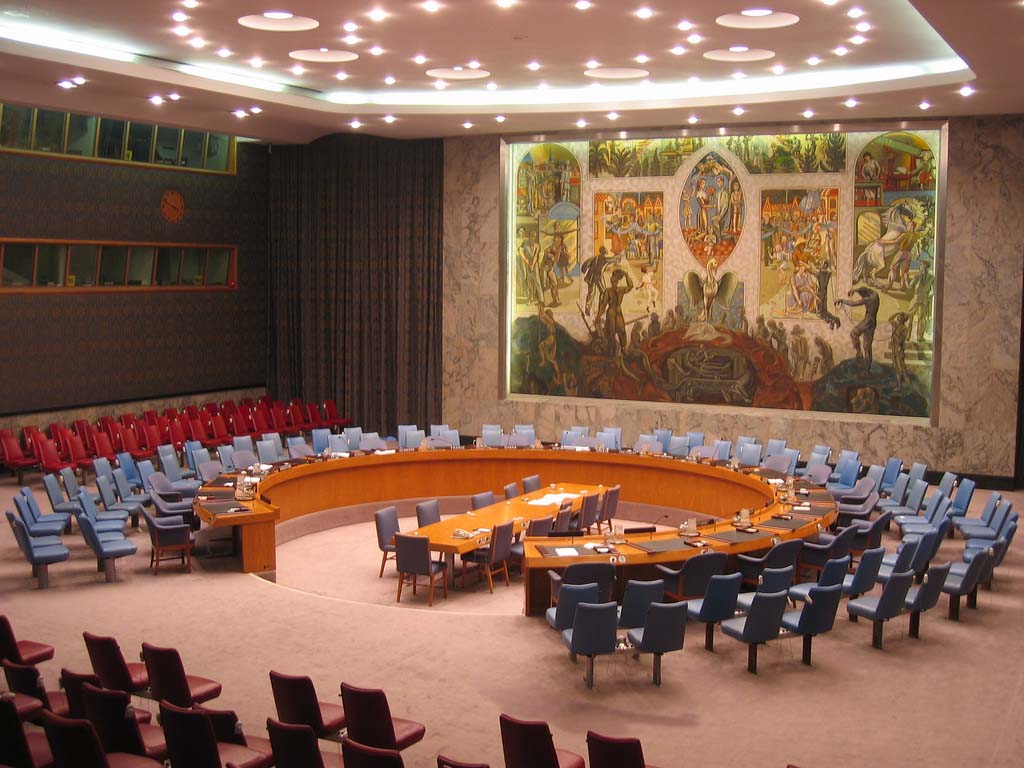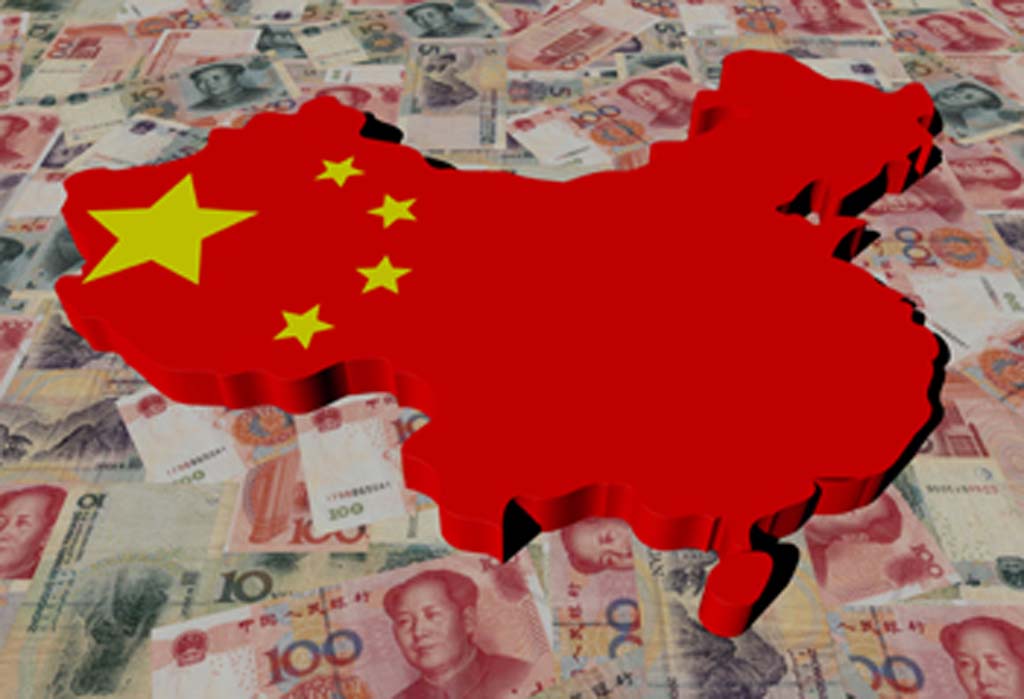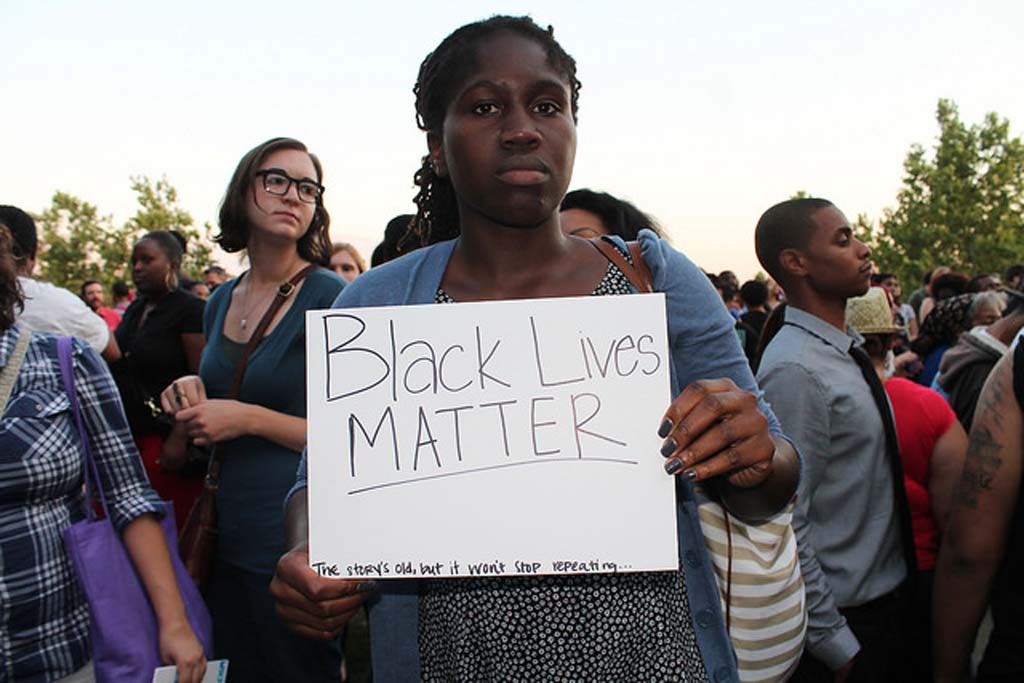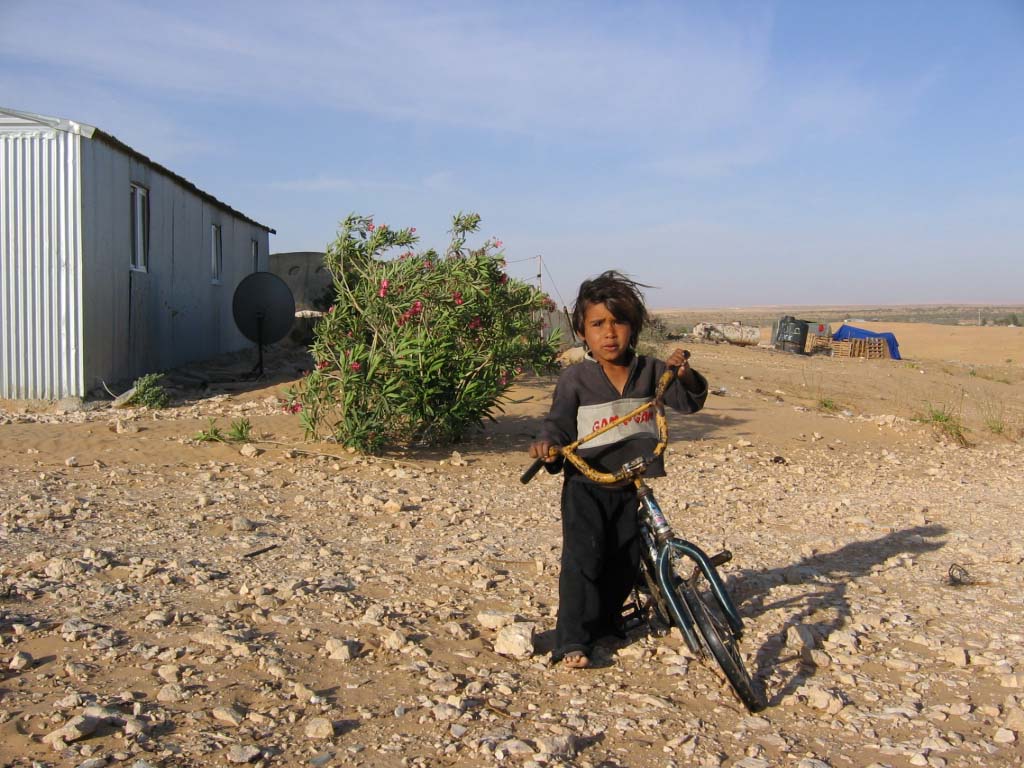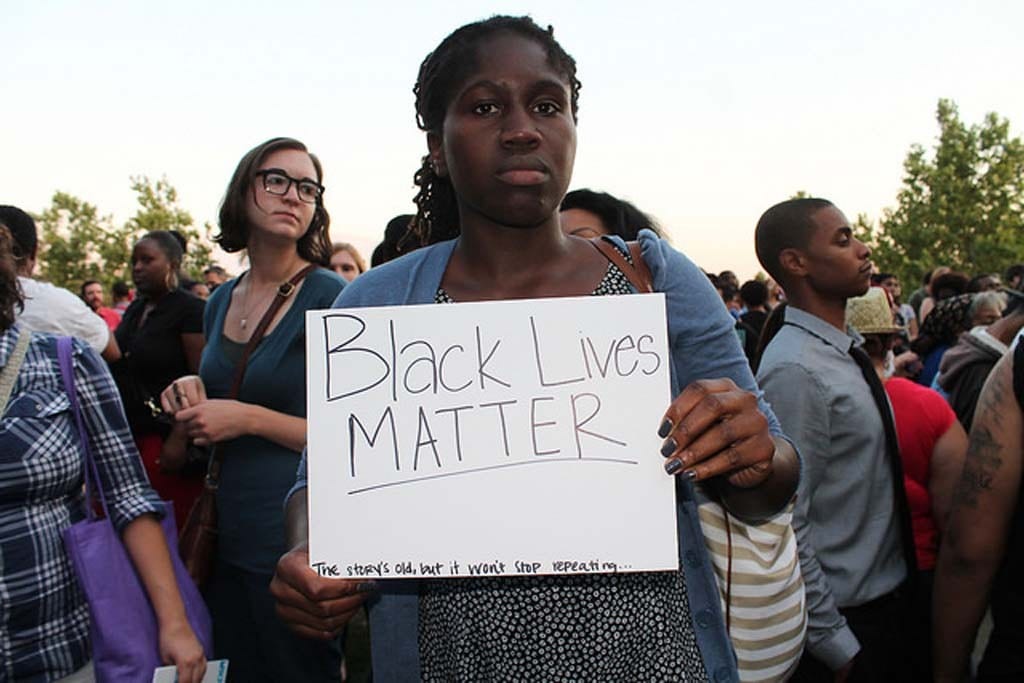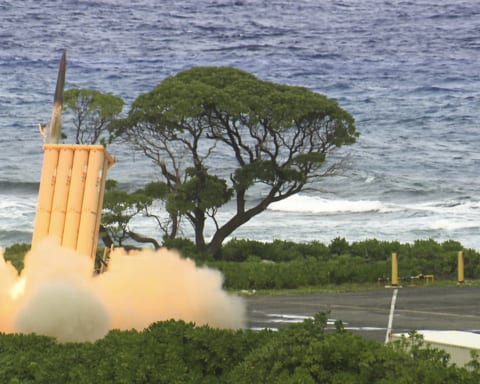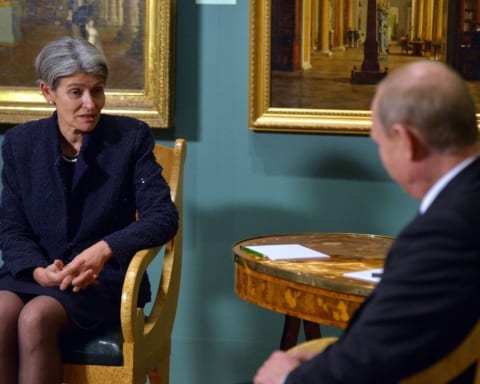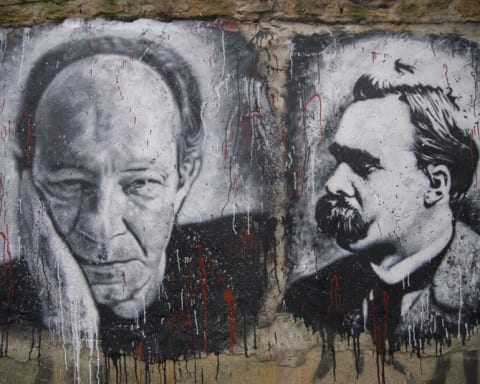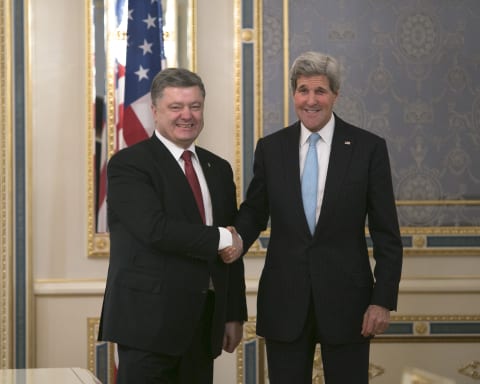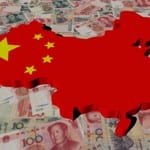With the seeming success of sanctions in Iran and the end of similar measures against Cuba, the debate on the efficacy of sanctions looks to begin anew. Economic sanctions have long been the preferred tool for the US government for a variety of reasons stretching back to the Cold War, where the US imposed economic sanctions against a variety of Communist-leaning countries around the world. The track result however, as scholars like Robert A. Pape point out, has been mixed at best. Sanctions against Latin American countries failed to directly be responsible for desired changes and appear to have more often than not led to greater instability in such countries. Cuba, where longstanding US sanctions have only began to thaw is perhaps the best example of a country where US sanctions failed to work despite drastically affecting the country’s economy. This latter point brings up one of the fundamental challenges of sanctions, the enforcement and participation of all parties. In the case of Cuba, a Communist sphere was there to support it for an extended period and more recently nearby politically aligned states. The end of sanctions against Cuba is near, and rather than coinciding with the end of the Castro regime the sanctions ending coincides with an America that no longer sees the point of such sanctions; in essence, Cuba simply outlasted the US’ stomach for their enforcement.
Another criticism of sanctions is their ability to be twisted by leaders in the state targeted by sanctions. A present example is Russia where despite a drastically worsening economy US-led sanctions have failed to achieve their aims. Surprisingly, despite the deteriorating economic situation large swaths of the Russian people, especially the younger generation, feels more optimistic about their lot post-sanction implementation. Russian President Vladimir Putin has deftly controlled the domestic discussion around the sanctions and the Russian economy to frame it in nationalistic tones of the West once again trying to undermine Russia. The imposition of sanctions, rather than bringing presssure to bear on the Russian government has actually played into their larger narrative of Russia vs. The West. Whether this narrative will ring true in the coming months remains to be seen. However, it is important to note than Central and Eastern European states, most notably Hungary, have been less than enthusiastic about the enforcement of the sanctions due to their relative economic dependence on Russia. It is worth noting that there is little evidence that the sanctions themselves are responsible for the economic situation in Russia as larger economic factors including the falling price of oil and a struggling Chinese economy likely having a more significant impact on the Russian economy than any sort of “targeted” sanctions.
What of the case of Iran, where a landmark agreement has been achieved with credit largely given to the promise of lifting Western economic sanctions against the country? Commentators have argued that perhaps the real reason for a thawing of relations between the West and Iran is the need for the US to re-incorporate Iran as a responsible stakeholder in an increasingly unstable region. Iran has long been suspected of being able to exert a large amount of power in Iraq that could be extremely beneficial against the continuing problem that is ISIS. Were the lifting of sanctions then less a sign of Iran capitulating and coming to the table, or a change in the US’ calculus on Iran’s ability to help with its more immediate goals? The evidence seem so support the latter.
Sanctions are extremely good however, at allowing political elites in the country applying the sanction to appear to be “doing something” to combat a problem that has sparked the energies of a particularly strong interest group. In times of elections, tough rhetoric around sanctions has been linked to a boost in the incumbent’s political standing as they can appear to be the “strong, decisive” leader. Sanctions are also shown to be effective at placing a greater burden on the average citizens of countries targeted by sanctions. Various scholars, most notable Mark R. Amstutz in his examination of “just war” in International Ethics, have effectively argued against the use of economic sanctions on these moral grounds. North Korea is a classic example of a country where despite overwhelming economic sanctions the political elites have been able to live a life of relative luxury despite large swaths of people dying of starvation. Those who have politically staked their reputation on helping the starving population despite the chance that such support would be diverted to the coffers of the North Korean elite have been resoundingly criticized by the their constituents. Kim Dae-Jung’s Sunshine Policy in South Korea is a classic example of a morally just program being criticized for appearing soft against the adversary.
The use of economic sanctions also has a dubious track record in the selection of countries they are issued against. In contrast to the comparably liberal Iran, the fact that Saudi Arabia practices barbaric sentences, including stoning, violence against homosexuals and forms of indentured servitude towards foreign workers and has not been targeted by sanctions illustrates the moral bankruptcy of the Western powers who are most likely to impose economic sanctions. The reason for this should be clear due to the very economic nature of the sanctions. Simply, if you are a state with enough economic clout to be valuable to the larger international economic order, you can be assured that you will be free to pursue whatever internal policies you please without fear of censure.
It is perhaps a comforting thing to consider that in the modern age the trend to resort to violence to settle international disputes has largely been replaced by the use of economic sanctions. It may be proof that, as some have argued, we are living in the most peaceful time in human history. However, the use of economic sanctions to settle disputes is still rife with moral ambiguity and an inefficient track record. Indeed, in settling international disputes perhaps it is time to go back to the drawing board.
